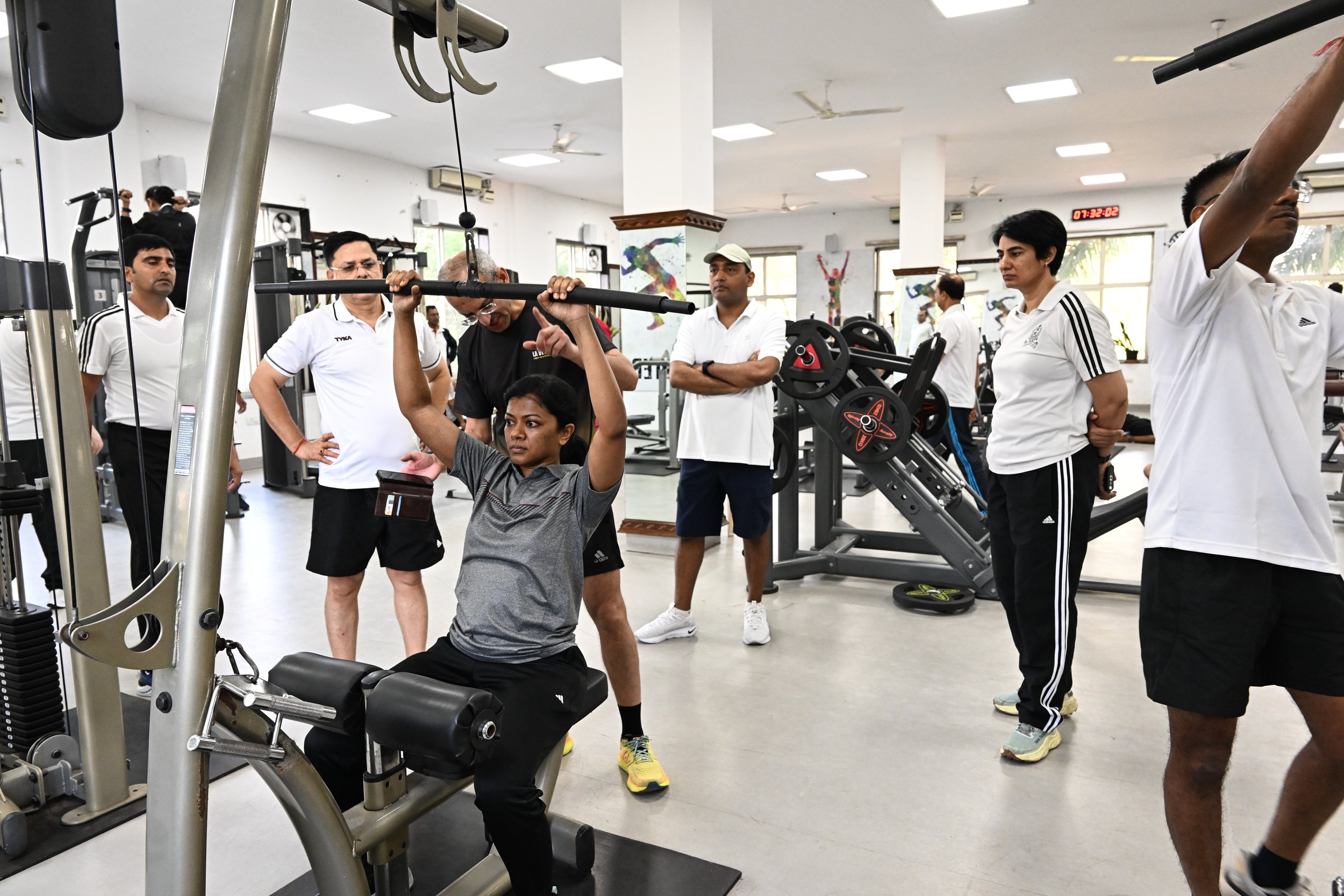National Police Academy: Shaping Leaders, Impacting Society
For the past three years, I've had the distinct honor of serving as Visiting Faculty at the Sardar Vallabhbhai Patel National Police Academy (SVPNPA) in Hyderabad. Often unseen by the general public, this premier police training institution plays a pivotal role in shaping the leadership of the Indian Police Service. Like many, I once held certain generalized perceptions about the police forces and their training. However, my experience at SVPNPA has offered a profound insight into the dedicated effort and thoughtful structure that goes into molding the individuals who are entrusted with maintaining law and order in our vast and diverse nation.
“The Union will go, you will not have a united India, if you do not have a good All India Service, which has the independence to speak out its mind.”
Established in 1948, the Academy was the visionary brainchild of Sardar Vallabhbhai Patel, India's first Union Home Minister. Recognizing the divisive nature of the British-era provincial police training system, Patel championed a uniform pattern for the entire nation. His foresight was remarkable, as he understood that a strong, independent All India Service was crucial for the very unity of India. His powerful words, "The Union will go, you will not have a united India, if you do not have a good All India Service, which has the independence to speak out its mind,” resonate even more deeply 77 years later. It's a stark reminder that the foundations of our nation were built on the principles of unity and independent thought, qualities that SVPNPA continues to nurture.
My core competence is that I focus on basics. And it works.
What truly fascinates me about the Academy is the deeply considered and comprehensive nature of its training programs. While many newer institutions tout holistic development and the creation of good global citizens, SVPNPA embodies these principles through its well-established curriculum and ethos. The primary mission is clear: to prepare leaders for the Indian Police Service. This begins with the rigorous basic induction training for newly recruited IPS Probationers, individuals who have already demonstrated exceptional intellect and perseverance by clearing the demanding UPSC examination.
The Basic Course is meticulously designed, encompassing 9 Indoor and 10 Outdoor subjects. The cornerstone of their pedagogical approach is ‘Integrated Training,’ a format that strategically fuses three critical dimensions:
Sensitisation: Fostering personal and social awareness, empathy, and understanding of diverse societal perspectives.
Orientation: Grounding the officers in ethical principles, legal frameworks, and a strong sense of justice.
Competency: Developing essential domain knowledge and inter-segmental skills necessary for effective policing in a complex environment.
At state of the art gym at the academy, the vibe there puts to shame the best gyms in the country.
My specific role at the National Police Academy revolves around injury prevention and reduction, effectively optimising the demanding outdoor training. I engage with the Probationers during their Basic Course, providing expertise and strategies to ensure their physical and mental well-being. Beyond this, I am also invited to conduct sessions during the Mid-Career Training Programme (MCTP) for seasoned IPS Officers, ranging from Superintendents of Police to Inspectors General of Police. Furthermore, I contribute to the ‘Training of Trainers (TOT) Programme’ for faculty members from State Police Academies, helping to equip them with the latest methodologies and insights.
Training of Trainers Programme, November 2022, with the senior faculty and Ustaads, who are the backbone of the academy.
However, what truly excites me about my involvement at SVPNPA is the opportunity to nudge these dedicated officers towards becoming their own best friends. In our relentlessly noisy and busy world, the crucial art of listening to oneself is often neglected. I encourage them to prioritize their well-being, recognizing that a healthy and happy officer will inevitably have a positive trickle-down effect on the society they serve.
Meditation in Motion session at the stadium / 400 m track
It's easy to fall into the trap of criticism and complaint. But I believe a more constructive approach involves introspection: how have we actively contributed to the positive change we wish to see? My work at SVPNPA is a part of my personal mission to empower individuals to become their own best friends, one person at a time. Because I firmly believe that once an individual cultivates a strong relationship with themselves, they are better equipped to be a more effective and compassionate parent, child, sibling, friend, colleague, and, indeed, a better police officer. The impact, I believe, extends far beyond the individual, ultimately contributing to a more just and empathetic society.
Let's connect and explore how a focus on holistic development and individual well-being can drive exceptional results for your organization.
#NationalPoliceAcademy #SVPNPA #PoliceTraining #LeadershipDevelopment #India #SocietalImpact #MakingADifference #Wellbeing #HolisticDevelopment #SardarVallabhbhaiPatel #IPS #TrainingAndDevelopment #PositiveChange







